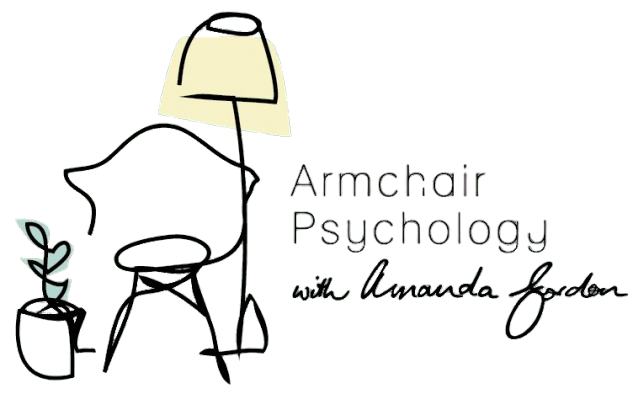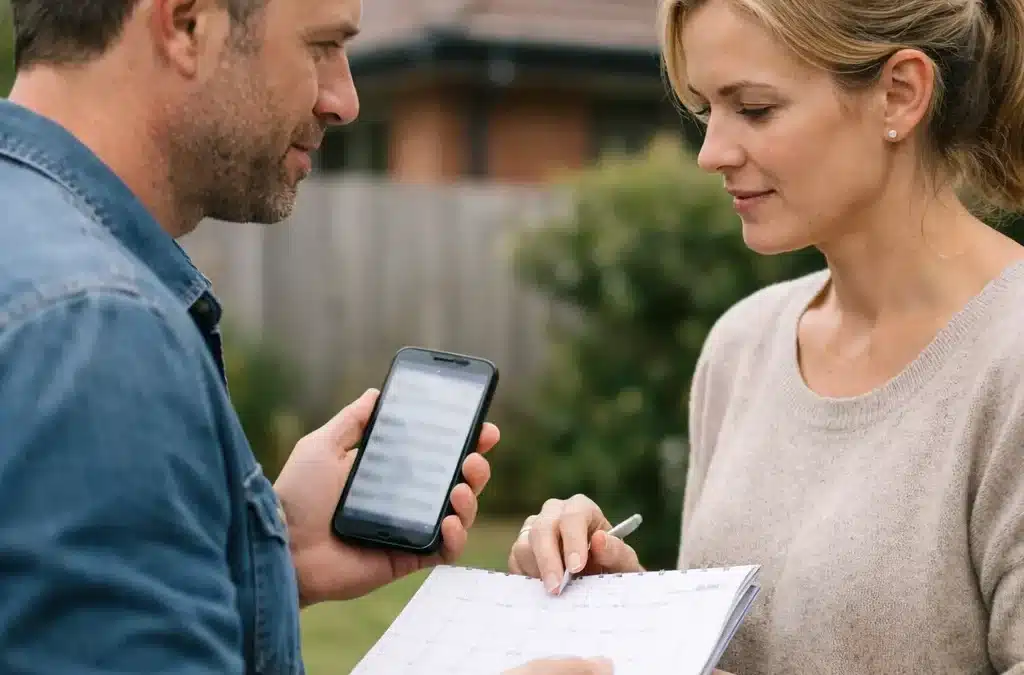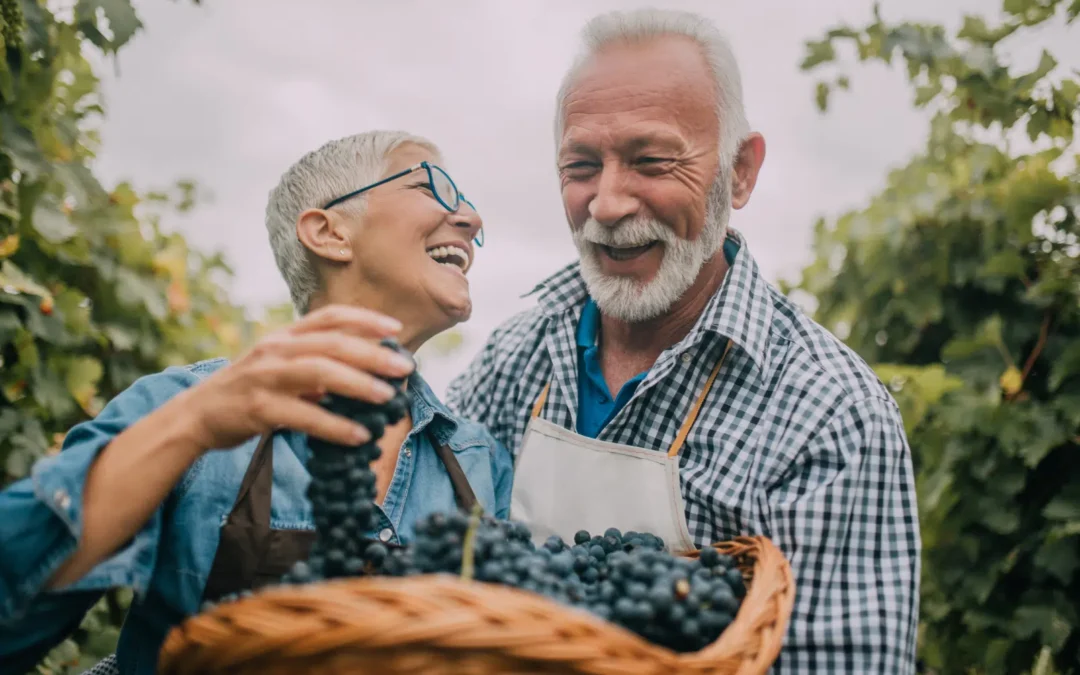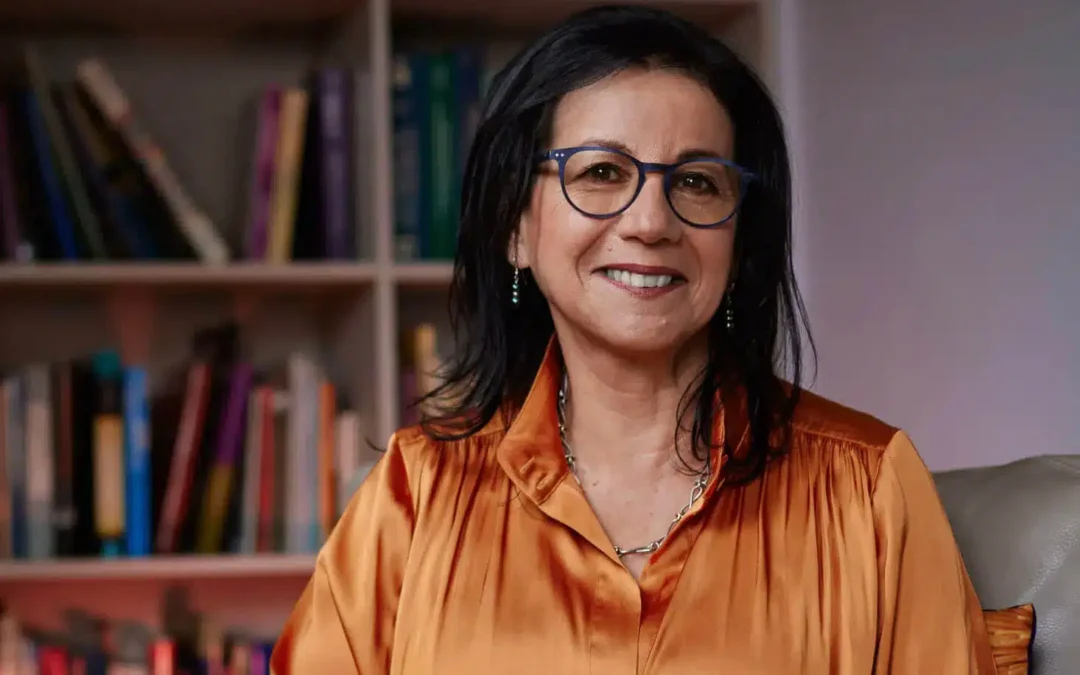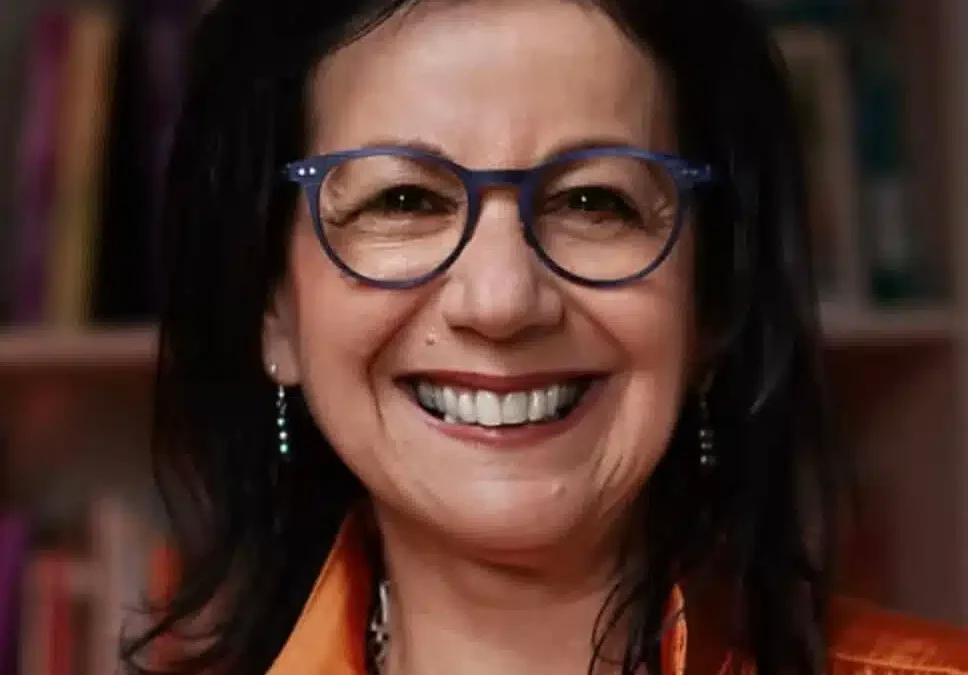We don’t often think about our community except as something that is just there. It is somehow more than family and we may not necessarily engage with it very much. We don’t necessarily reflect on our part in it or what it means to us. However, for many, the pandemic has changed all that. When our movement was restricted, our community became our local area, as we noticed others walking the same streets. When our connection could only be over the internet, our community consisted of people who shared common interests and ideas. Psychologists know that being part of a community can enhance mental health. Amanda Gordon, Psychologist at Armchair Psychology says, “Connection with our community is a crucial element of mental wellbeing. Not only can it offer extra meaning and purpose to our everyday life, it can also provide a sense of belonging in a world that sometimes can seem all too disconnected.
Being part of a community helps build and maintain connections that give colour and shape to our lives. In short, these communities give us purpose. Whether online or in real life, community is our backbone. As the National Alliance on Mental Health stated, “We’re social beings, and we are not meant to live in isolation. Community is critical for us to thrive,” as it fuels three crucial elements for our mental health – belonging, support and purpose.
Australian Government studies show that those without social support are five times more likely to experience a mental illness, and that community participation is strongly linked to longevity and the retention of cognitive ability.
How does it work?
When you engage with a functioning community, you become part of a wider group. Life is no longer just about you, but involves others as well. If you are part of a community, you could expect the other members to look out for you, and you would be responsible to look out for them, too. What works best for the good of the community is what will make your life richer too.
Where can I find a community?
Once you look around, you’ll find that there are clubs or groups to suit almost any interest. Sport is a common way for many people to connect. There is the activity itself and there is also the group of people who join you in enjoyment of the activity. That common interest can create a community. As a rule, it is a two-way process. You join in the activity AND engage with the other people. You give something by your shared interest and perhaps your involvement in supporting others. You gain something through the people you meet and the opportunity to help and be helped.
Volunteering can also enhance the benefits of community by connecting you to a wider and more varied social network. You get to form relationships with people from disparate backgrounds and locations, enriching your experience and appreciation for your own life. There is always a shortage of volunteers. From bush regeneration groups to homeless shelters and to even the 2022 Biennale of Sydney, there is a wealth of experiences to be had. Furthermore, your community does not have to be physical either. You can be a part of a global community, for example a like-minded facebook group or the fan club of a band.
For parents, community can be a protective factor for children, as it can grant them a sense of value. It is especially important during teenage years, as these groups can allow your child to feel more comfortable and confident, reducing the likelihood of behavioural issues (BeyondBlue, 2021).
So, this week, we implore you to take a second to appreciate all the communities you are a part of. We want you to reach out, and start a chat with someone in your community because even if you are feeling good, it is time to start feeling great!
